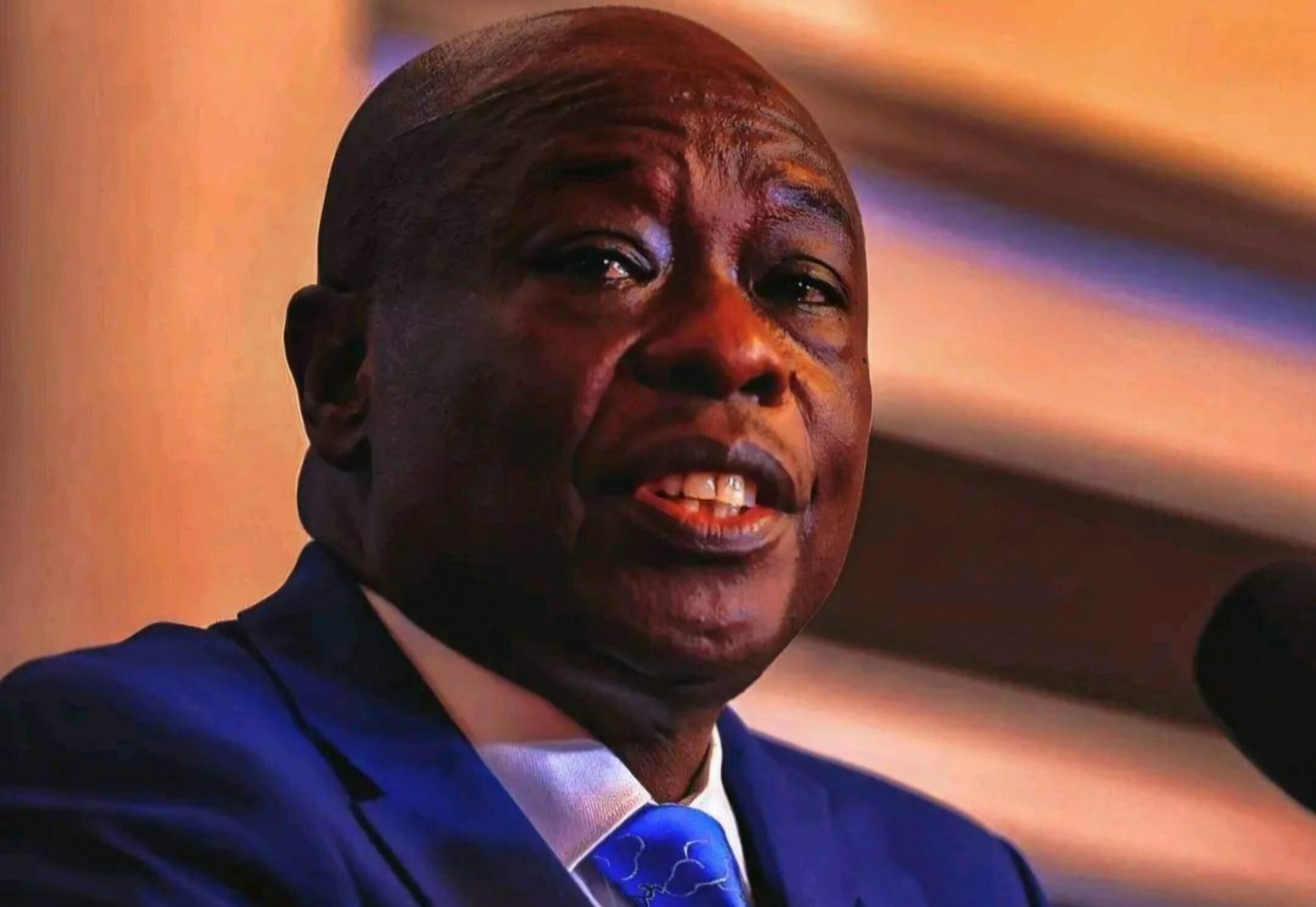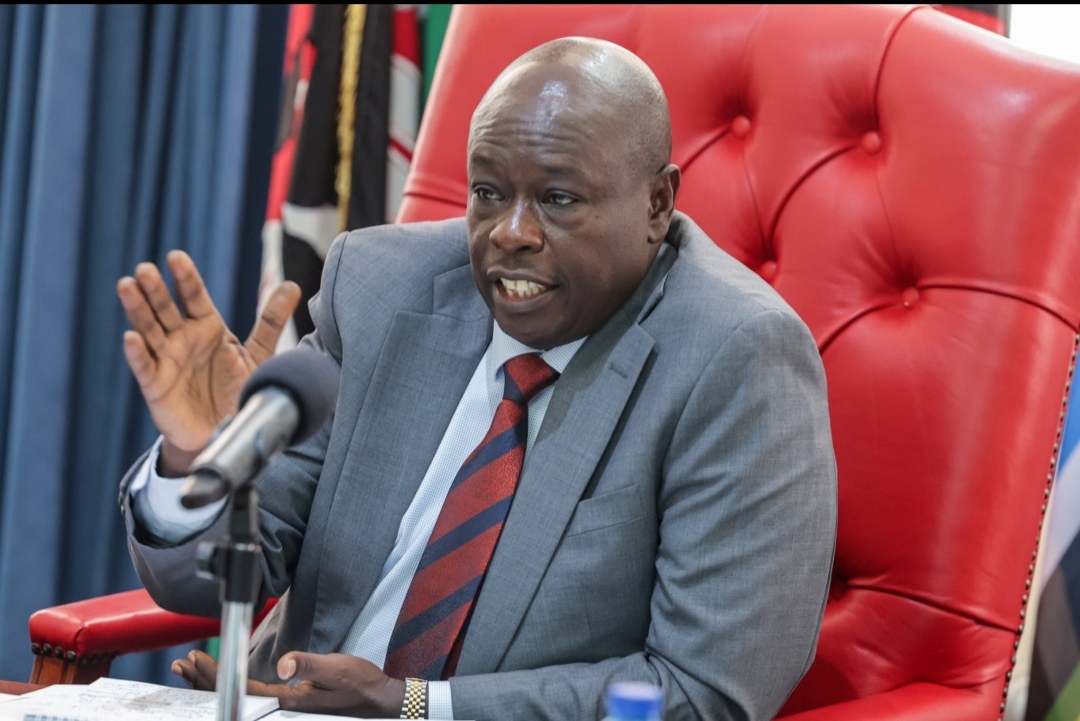SOLIDARITY… Unity of interests

A story goes that an anthropologist proposed a game to kids in an African tribe. He put a basket full of fruit near a tree and told the kids that whoever got there first won the sweet fruits. When he told them to run, they all took each other’s hands and ran together, then sat together enjoying their treats. When he asked them why they had run like that as one could have had all the fruits for himself they said: “UBUNTU, how can one of us be happy if all the other ones are sad?”
‘UBUNTU’ in the Xhosa culture means, “I am because we are.” How apt! It has been said, time and again, that no man is an island. True, we need one another in this journey called life. Whether we are talking about work, school, church, governance, business or sports, solidarity is the key to success. For clarification purposes, solidarity does not mean saying yes to everything; rather, it is best encapsulated in the phrase “agree to disagree.”
Recall the slogan chanted by most unions when they are protesting against one form of oppression or the other, which goes: “Solidarity forever for the union makes us strong.” Workers’ unions operate on the premise that alone we can do so little but together we can do so much. Without doubt, most workers’ unions have been successful by virtue of the solidarity they demonstrate when pushing for their rights.
Hence we can borrow a leaf from them and apply the concept of solidarity in virtually all aspects of our lives.
This begs the question: if solidarity is so important, why do we have dysfunctional teams? Admittedly, to bring together a group of adults is no walk in the park granted each has their own belief systems, political affiliation, agendas, negativity, power struggles and so on and so forth.
All this hampers a team’s ability to perform at its optimal level. But the moment people realise there is strength in diversity, then they will start reaping the benefits of solidarity. The good news is, it is possible to overcome the negative factors and forces that sabotage solidarity.
A practical example would be the United States of America. The US consists of 50 states, five territories and one district, each with its own strengths and weaknesses. Combined, they make a powerful state and the name – United States of America – explains why.
Note, united. It is the same vision that the late Muammar Gaddafi, former Prime Minister of Libya, had when he urged African countries to unite so as to ward off the dependency syndrome that we are accustomed to, and which, to a large extent, makes us vulnerable to the west. Gladly, some of our governors have taken cue and are now forming economic blocs. If it comes to fruition, these counties will never be the same again; thanks to solidarity.
Just like many things in life, solidarity is cultivated and it takes time, energy and focus. The team leader needs to share the vision and purpose of the team. If it is a family, for example, the head of the family has to be committed and engaged in the process of building a united family. The same goes for organisations. It is imperative to get everyone on board and move in the same and right direction.
The onus is thus on the team leader to share the team’s goals as lucidly as possible and engage the members in meaningful conversations around it. The goal is to enable the members to clearly see how their personal effort and vision contribute to the overall vision and success of team. The result? A winning team.
It is very rewarding to bring people together and getting positive results out of it.
Published in March 2016




